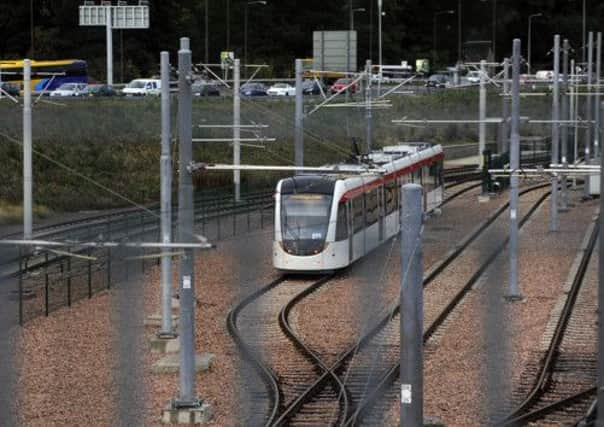Leaders: Councils will have to caw canny


Yet much of the problem lies in the fact that councils are ordered to deliver a bewildering multiplicity of government programmes – at the whim of Holyrood – while simultaneously bearing the burden of five long years of austerity budgets. Inevitably, something has to give.
Now we know what that something is. A new report from Audit Scotland, the public spending watchdog, reveals that over the past four years Scottish local authorities have shed 10 per cent of their workforce, as they struggled with budget cuts and injunctions from Holyrood to make efficiency savings. Audit Scotland reports that councils, the NHS and other public sector bodies have saved £1 billion with the loss of 26,600 full-time posts. In many ways, it is a tribute to local councils and public sector agencies that they have managed this dramatic reduction in staffing without significantly reducing services. Of course, that implies a degree of inefficiency was previously in the system. But credit where credit is due: Scotland’s city chambers have wielded the axe in a fashion Holyrood and Westminster politicians have shrunk from.
Advertisement
Hide AdAdvertisement
Hide AdUnfortunately, more cuts are certainly in the pipeline. Chancellor George Osborne’s plan to eliminate the deficit by 2018 is only 40 per cent complete. The remaining 60 per cent has to come from yet more cuts. Even if Scotland votes Yes, John Swinney will face the same broad problem of reducing the debt burden resulting from the 2008 banking crisis and subsequent recession. However, as Audit Scotland argues, the days of making easy cuts through voluntary staff redundancies are now over. In the coming second wave of austerity, councils and public sector agencies face a tougher challenge – they will have “manage their workforces strategically”. That is Audit Scotland code for making compulsory redundancies in some areas to maintain service delivery where it is required. This is the language of priorities and it cannot be escaped – inside or outside of the United Kingdom.
For Holyrood, this new language of priorities means deciding what the state should pay for through the tax system and what should be paid for by individual citizens, especially if they can afford it. That includes taking a long look at NHS Scotland. All the Holyrood parties have agreed tacitly to continue funding NHS Scotland more or less in line with inflation, while cutting everything else even more. That is why the local authority budget reductions have been so large. But can we afford to ring-fence the NHS indefinitely? So far, no mainstream Scottish politician has been brave enough to even open the subject for discussion. If we don’t want more crude cuts, we need to get cleverer about how we run and fund the public sector. And that requires an open and honest debate.
Bercow stirs up web of intrigue
ACCORDING to John Bercow, Speaker of the House of Commons, Westminster MPs fiddled their expenses as a “displacement activity” because parliament had become irrelevant. MPs were so bored with that they put their hand in the public till. It is questionable as to whether that is a good enough reason. Quoting Doctor Who, Mr Bercow says the new parliament elected in 2010 “has not been about death, but about regeneration”.
We hope Mr Speaker is right and that parliament is changing for the better. He himself deserves credit for forcing ministers to be more responsible to the House. But, in recent months, friction between Speaker Bercow and Tory ministers has grown red hot and there are rumours that he is in danger of being the second Speaker in a row to be deposed. As well as calling ministers to order, Bercow has enlarged the so-called Chairman’s Panel, a group of senior parliamentarians who chair committees and advise the Speaker. Some ministers feel that Bercow is creating his own power centre.
The truth is that Westminster MPs remain remote from the electorate. Even if the worst excesses of the expenses scandal are behind us, there is scant evidence that back-benchers even recognise there is a problem. No sooner had Bercow made his remarks about parliamentary regeneration than MPs were raising points of order in the Commons to denounce him for launching a new Speaker’s Commission on Digital Democracy without telling them first.
Mr Bercow is interested in new forms of democracy, including e-petitions and online voting. Could it be MPs are worried that if the electorate gets to vote online, citizens might decide to do without MPs altogether?